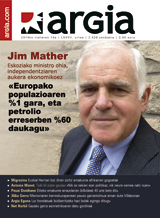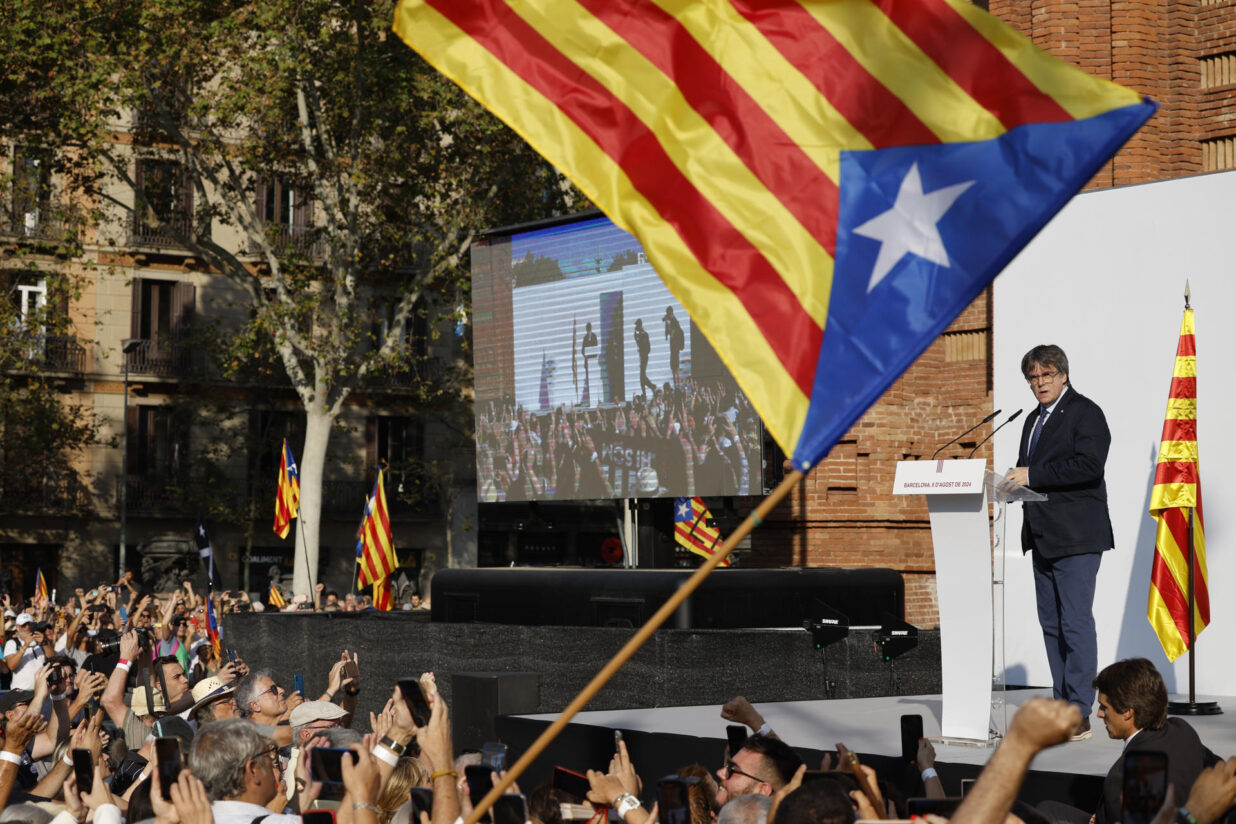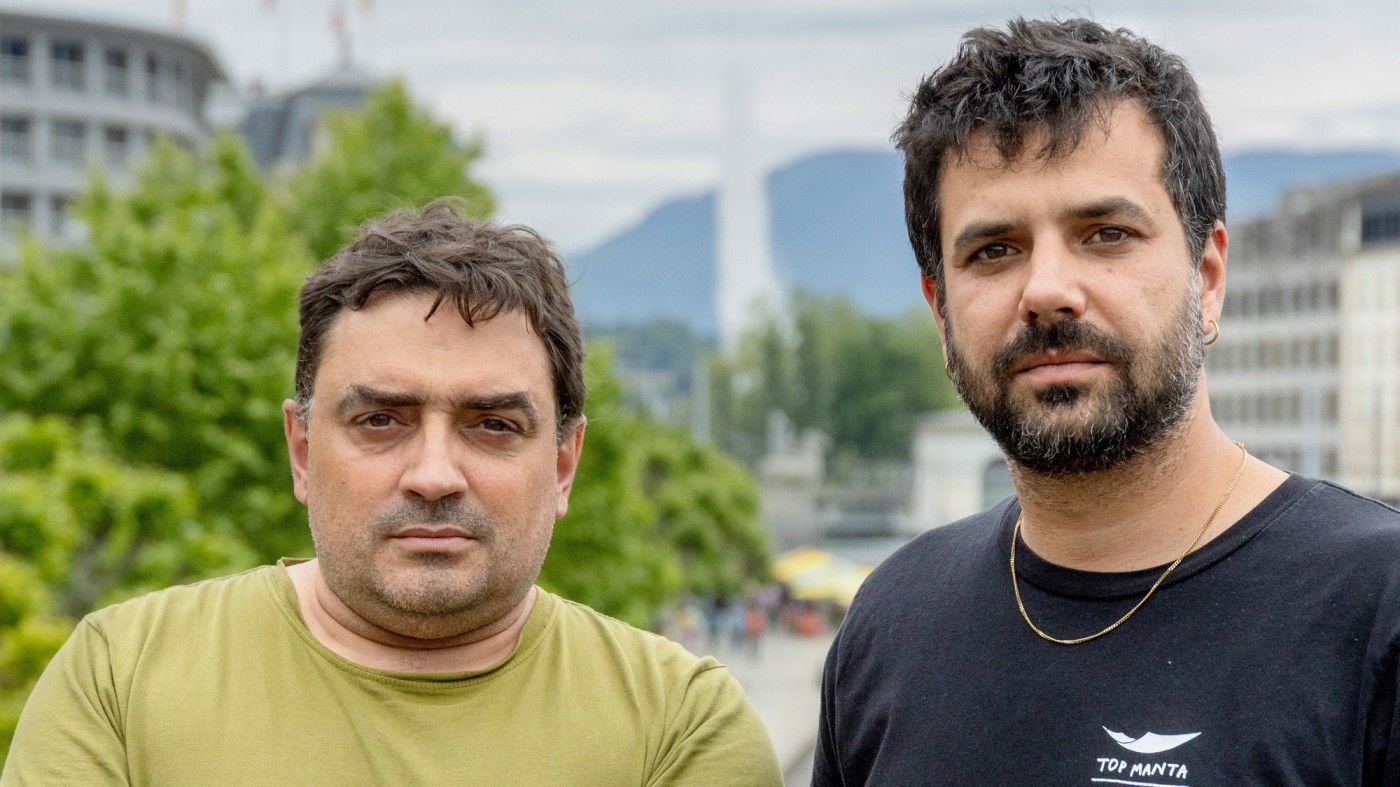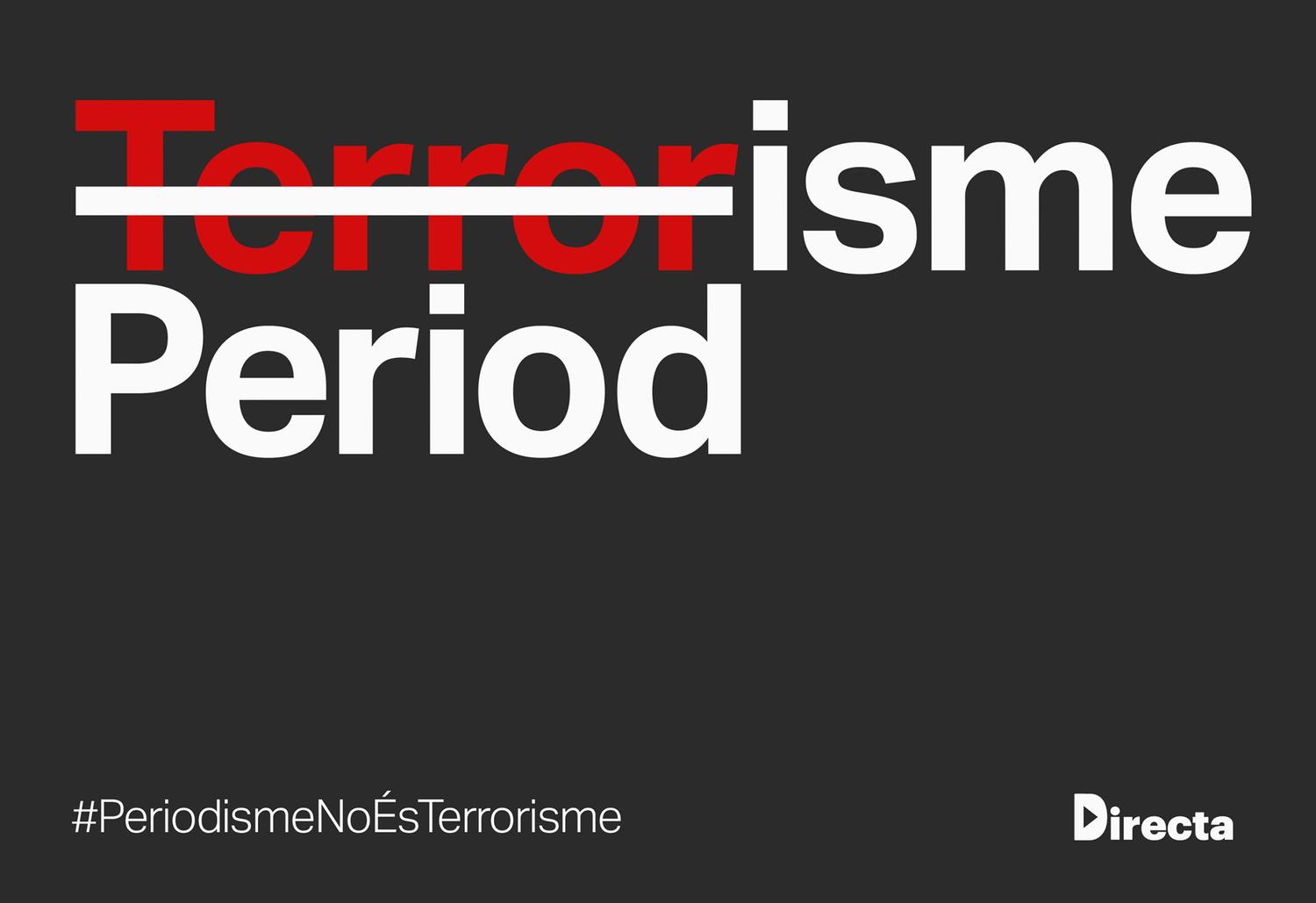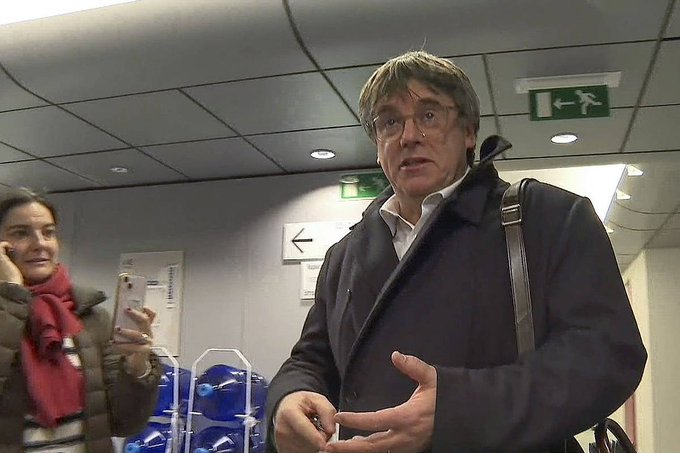Mobilisation and institutions

Now is the time for mobilisation in Catalonia, and then we will do so in Catalonia. The Diada will show the strength of the sovereign Catalan society, the most important stimulus of the independence process so far. In this sense, success is assured, especially because the street environment of the last four or five years is completely sovereign. Spanish unionism is totally marginal on the street and every time it comes out, this only makes the image of its unifying or dominating objective worse.
Next week will be the turn of the institutional framework and the Catalan Parliament will adopt on 18 or 19 November the Consultation Act to support the consultation on 9 November with 107 votes from 135 parliamentarians. Although the PSC does not support the November 9 consultation, the Consultation Act does. The other two parties represented in Seville are pp (19 seats) and Ciutadans (9). What happened in Scotland will be known by then. If the independentists win there, the bellows will be huge.
In the last fortnight of September, the Generalitat will officially convene the consultation on 9 November and, immediately, the Spanish Government will challenge it, leaving the ruling of legality in the hands of the Constitutional Court. This will have to be resolved promptly and everything indicates that the Consultation Act will be illegalized.
The fourth step is the need to decide whether to obey or not. It seems difficult to consult under these conditions and not only because of the bravery of CDC and Mas, but because the sovereign movement at this stage should use the consultation as an instrument for delegitimizing Spain abroad. The climate of independence still has to be fed a great deal, and for this, as it has been so far, the most important feeder is Spain’s no. The time has not yet come for institutional disobedience and no one knows if it will come. It is premature to talk about this, among other things, because Spain is not restricted to the ban and is going to make some offer. In any case, it is important to bear in mind the reflection of the Catalan economist Xavier Sala i Martí: it is not often possible to disobey, it is necessary to be once and well elected, if not, if Spain leaves you without autonomous institutions, who will then proclaim independence?
Following the hypothesis that it is gaining more and more strength, therefore, it would be time to advance the autonomic elections; and here yes, CDC will have to decide whether there is a clear offer to independence in the joint CKD list. Apparently, this is going to be one of the key moments and CDC plays its own future, nothing to say after the Pujol case.
In the meantime, life beyond the consultation continues and the Generalitat Economic Advisor, Andreu Mas-Colell, is saying with the mouthpiece that by the end of the year he will have solvency problems. Today, which institution isn't? It is true, but in a context of institutional conflict, Spain will take advantage of this situation to put the Mas Government in a hurry and to cultivate fear among the citizens. Spain has barely begun to respond, but it will start, both with carrots and wood.
In Scotland, the yes has already started to win in the polls. The independentists will win or lose with the votes of the undecided at the last minute, and apparently just. In Edinburgh there have been no major civil mobilizations, the driving force behind the independence process has been the government of the SNP. And its main patches, as opposed to the English conservatives, are the welfare society, the social perspective and the public control of the economy. If you win, Salmond will win with those bases. At this particular time when we are more interpreters than actors in Basque lands, it is an opportunity to learn from more successful processes.
Walk from a train station, two friends and a hug. This hug will be frozen until the next meeting. I'll come home, he'll stay there. There, too, will be free the painful feeling that injustice wants us to catch. Jesús Rodríguez (Santa Coloma de Gramenet, 1974) is a journalist,... [+]









